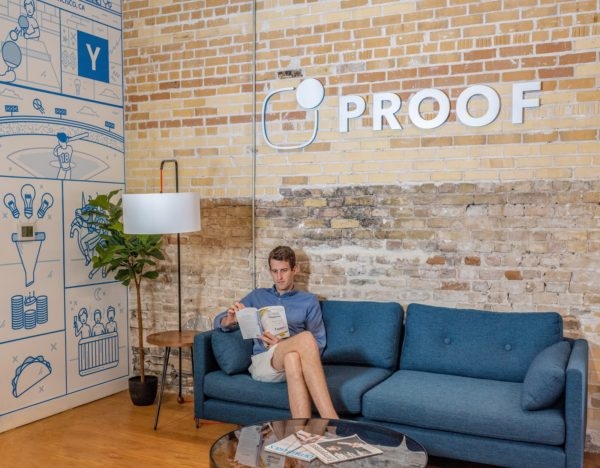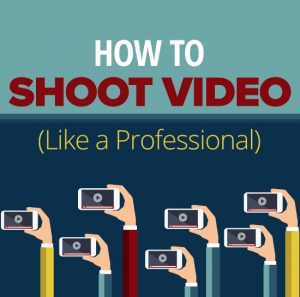
Image Credit: Unsplash
Over the years, social media has gone from a tool used purely for socializing to one that helps improve brands and businesses. Social media marketing is a cost-effective way for small businesses to promote their brand and services, as well as increase their customer base.
However, with all the pros of social media used as a marketing tool, there are cons, too. A lot of businesses are skeptical about using social media as it’s widely seen as a source of distraction and unproductivity. The public sphere of social media also makes businesses vulnerable to bad publicity.
If you are still on the fence on whether your small business should embrace social media marketing or not, consider these pros and cons.
Pros of social media marketing:
Many small businesses are choosing to promote themselves via social media, and for good reason, too. Social media marketing allows businesses to target a specific audience they might otherwise be unable to reach. For small businesses, social media marketing also:
1. Increased brand awareness
There’s a range of audiences on social media, giving your business the chance to engage with a broad range of consumers. People across all generations use social media, with platforms like Facebook no longer just a domain dominated by teenagers.
In fact, 4 in 5 seniors are now using social media platforms. This makes it a great tool to attract the attention of all types of demographics; simplifying your marketing strategy. 91% of marketers claimed that their social marketing efforts greatly increased their exposure, boosting brand awareness and recognition.
2. Is cost-effective
Social media marketing is a lot cheaper than other marketing tactics. Almost all social media platforms are free to sign-up to and use, giving you plenty of leverage when it comes to spanning your marketing efforts far and wide.
For those who choose to use social media marketing as their main marketing tactic, they can opt to pay a few dollars to gain traffic that converts by investing in paid social media advertising. There are also professional digital marketing specialists who can be hired to take care of all your social media marketing and advertising so that you can get the most from your social media marketing plan.
3. Has a higher conversion rate
With the increased visibility that social media brings, businesses have more opportunities for conversion. Blog posts, images, and comments all help to lead potential customers to your website or product page which can result in an increase in sales.
Studies have also shown that brands that are more interactive online tend to foster more trust and loyalty among their consumers. The better the impression you make on customers or page visitors, the more likely that they think of your brand when the need for a product or service arises.
Cons of social media marketing:
While there are a number of benefits social media marketing provides for small businesses, it should also be noted that there are some disadvantages. Some cons of social media marketing for small businesses to consider include:
1. Can be impersonal
While social media can improve customer reach and be a useful tool for interaction, businesses can get so caught up in creating content that they fail to use their social media as a two-way communication tool. Considering five out of six messages sent to businesses on social channels go unanswered, this can look poorly on your brand and its customer service.
This is why businesses must realize that social media messaging is as important as a customer calling in on the phone or via email. Ignoring messages or taking too long to reply will make the customer feel like they aren’t important and spur them on to look somewhere else.
2. Time-consuming
Social media has often been scolded by workplaces as a tool used only for distraction. It’s true that social media marketing can be time-consuming, especially if you haven’t got a dedicated team assigned to it.
For a social media marketing campaign to work, brands must be continuously updating their pages, uploading content, replying to comments, and providing links or images that will keep their customers interested. Over the long-term, this can be hard to maintain, which is why many businesses end up neglecting these roles and miss out on an important conversion channel.
3. Loss of control
Online exposure carries the risk of negative feedback, disgruntled customers, information leaks, hacking, and false or misleading claims. Anything you publish online on a public space like Facebook or Twitter is open to comment or criticism. This provides a platform for people to post negative comments about your company or even start a smear campaign against your brand and its products.
If you use social media clumsily then you are at risk of backlash. From insensitive content to dull comments or replies, these mistakes can put your company on ‘blast’ and spark consumers to taint your company and its reputation. And most of the time these negative comments are permanently online for everyone to see – even years & years after the fact.
Should every business be using social media?
Social media marketing is an investment, and in order for it to work it needs to be utilized daily. Using social media in a lazy or clumsy way can backfire, resulting in the loss of customers or negative public reviews that can damage your brand’s reputation.
Deciding on whether social media marketing is right for your business depends entirely on whether it fits your business model. While it carries enormous potential for success, some businesses may find that more traditional methods of marketing will work better for the long-term.
Digital & Social Articles on Business 2 Community
(25)
Report Post





